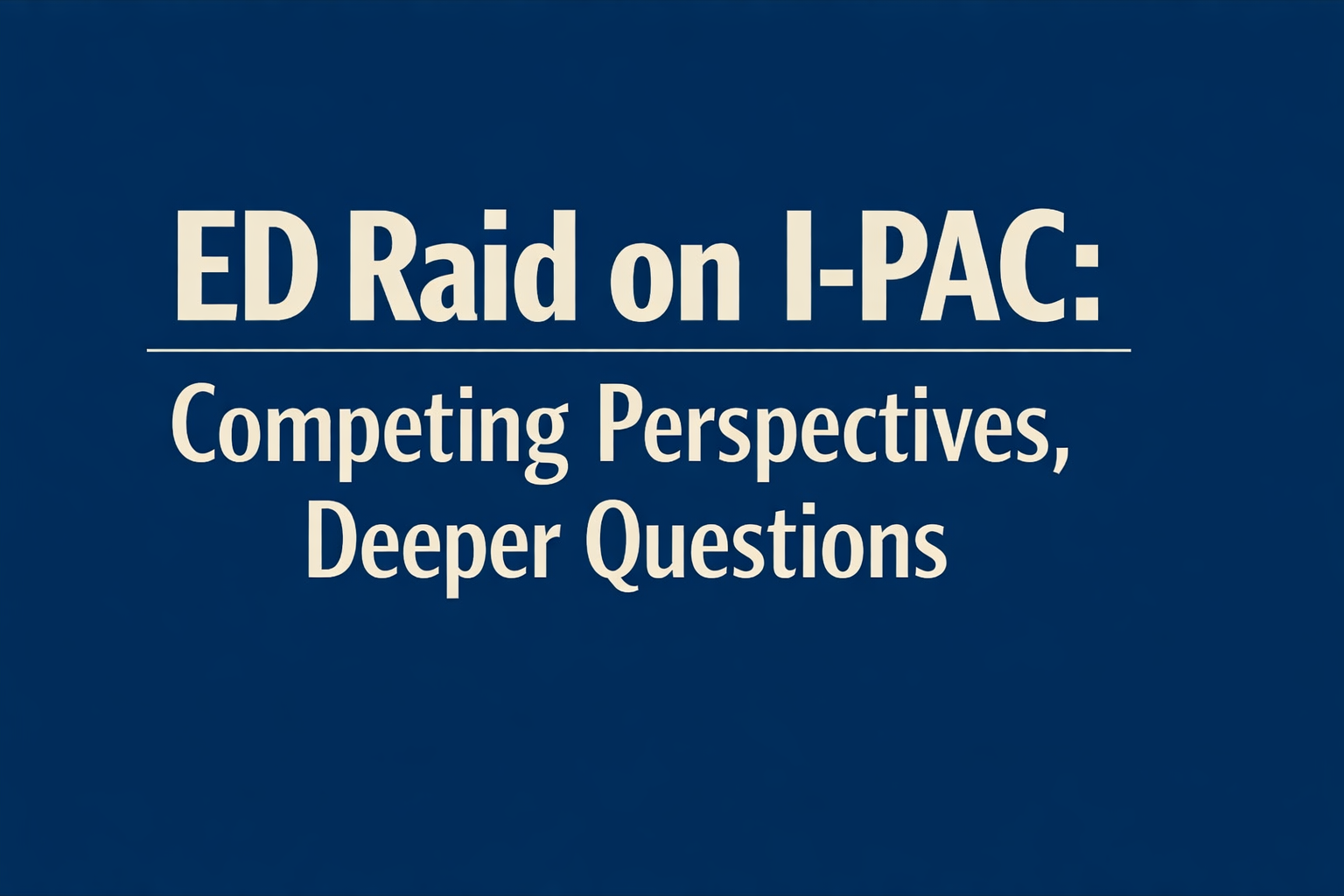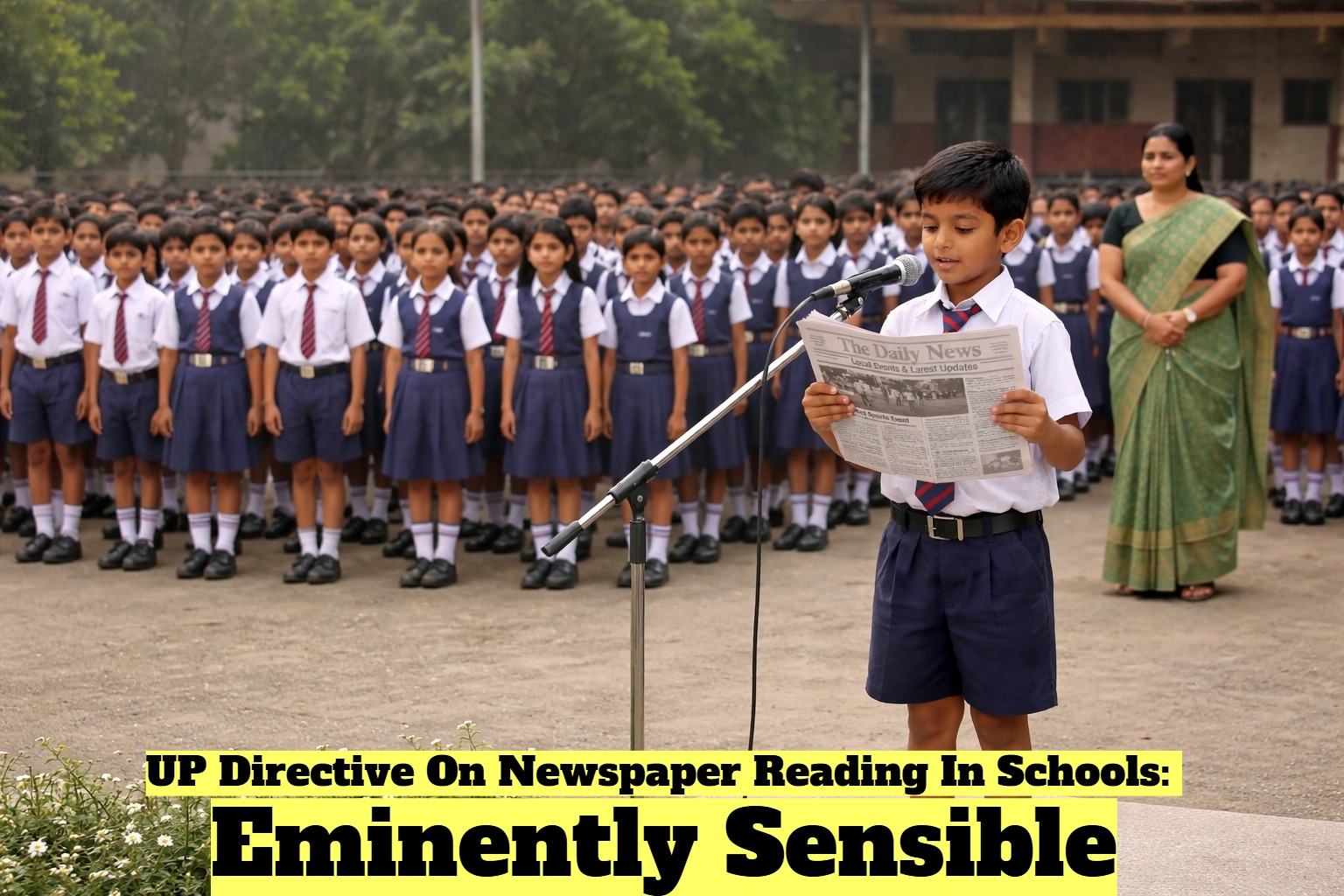

By Sunil Garodia
First publised on 2022-05-08 10:12:27
The Centre supported Section 124A of the IPC (commonly referred to as the sedition law) in the Supreme Court. In its opinion, there is no need to re-examine the Kedar Nath judgment as "instances of abuse of provision would never be a justification to reconsider a binding judgment". It further said that the court should provide a remedy that stops misuse without "doubting a longstanding settled law declared by a Constitution bench for about 6 decades".
The Centre is wrong on many counts. The need to take a relook at both the constitutional validity of Section 124A and the Kedar Nath judgment has arisen precisely because the Constitutional bench in 1962 had upheld the validity of the section and provided guidelines to prevent its misuse but in these 60 years, the guidelines have failed to have the necessary effect and the misuse of the section has not stopped. It is ironical that a regime that has accelerated and widened the misuse of the section is now saying that the court should provide further guidelines to prevent the misuse. If only successive governments had applied Section 124A in both letter and spirit and had treated the Kedar Nath judgment and the guidelines therein as binding, a situation where citizens have to plead before the Supreme Court to take a relook at the provision would not have arisen in the first place.
Further, society undergoes changes due to evolving cultural norms and introduction of technology, among many other reasons. Laws are also changed periodically to keep them up to date with emerging trends. Six decades is a long time and there is absolutely no harm if the apex court reconsiders the earlier judgment. The need to re-examine a "time-tested" law or judgment arises because times keep changing. There was no social media and mobile phones in 1962. Television had just made an appearance in late 1959 and only government sponsored news was broadcast. Politics was not so utterly divided and polarized. In these six decades a lot has changed and infinitely more people are getting their voices heard through social media. Also, governments have become thin-skinned and cannot tolerate even constructive criticism, let alone outright dissent. Section 124A is now being so commonly used that it seems it is being used for petty crimes. The time is perfectly ripe for the Supreme Court to take another look whether Section 124A meets the constitutional test since the Kedar Nath judgment, which could not have anticipated the huge advancement in technology, has failed to prevent its growing misuse.











